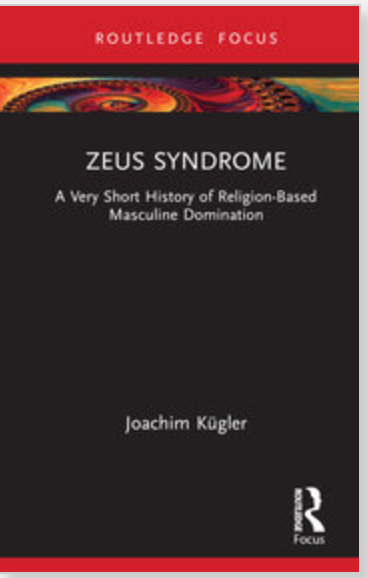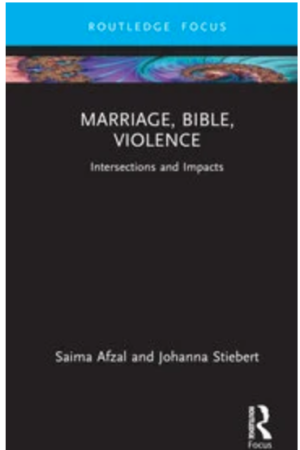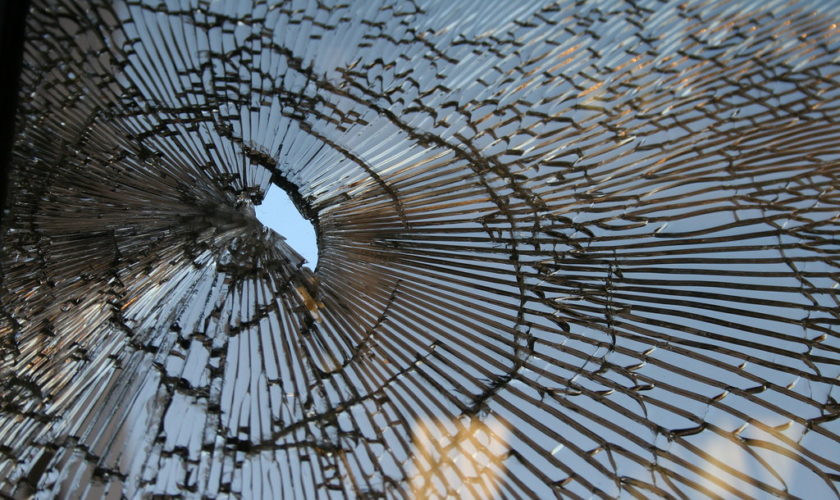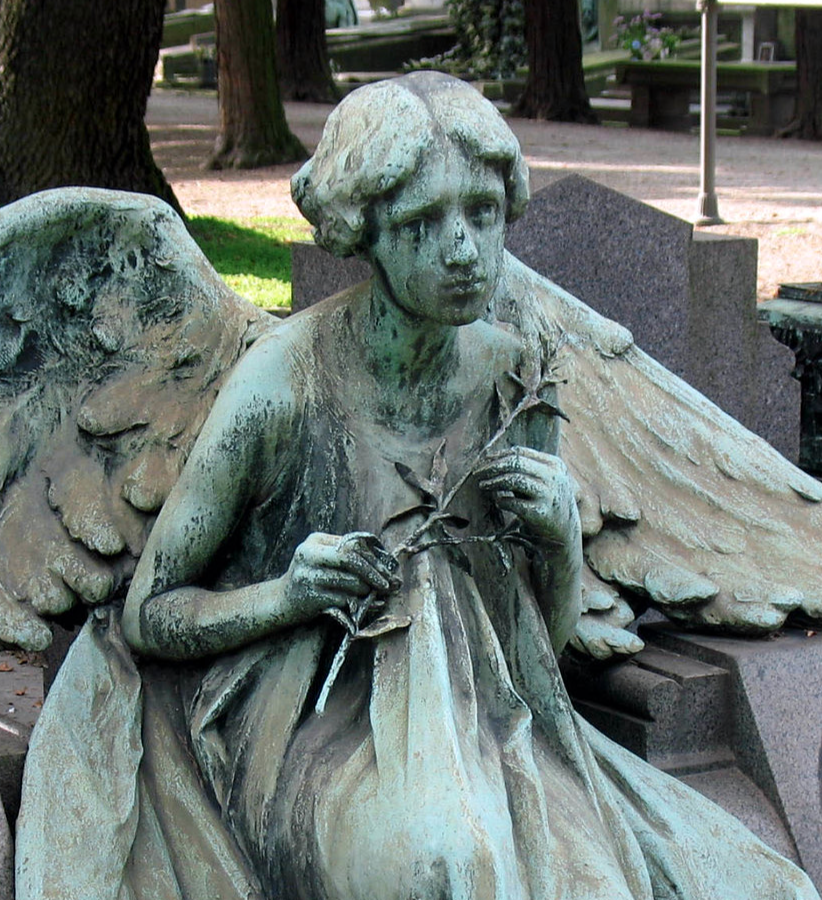There is a new volume in the Routledge Focus series ‘Rape Culture, Religion and the Bible’! The title is Zeus Syndrome: A Very Short History of Religion-Based Masculine Domination, and the author is Joachim Kügler, who has featured earlier on the blog as one of our 2019 activists (see here).
Tell us about yourself. How does this book fit into your work more widely and how did you come to write this book?
I am a professor of New Testament studies with particular interest in religious history and topics of gender. Alongside this, I am also an ordained priest of the Catholic Church, and I am upset and outraged about the many scandals of clerical sexual abuse. This book has grown out of a decision to use my academic skills to find some answers to how such abuse happens – not only in the Church but in multiple social spheres. My first step was to go to the Egyptian and biblical source materials that I knew and to investigate the intersections of masculine domination, sexuality, and religion. I try to inform readers beyond the inner circle of academia to better understand what is going on and why.

What is the key argument of your book?
The key argument is that we have to overcome masculine supremacy if we want to create a new kind of sexuality that serves as a language of love. As long as sexual activities and symbolisms primarily reflect and promote dominant masculine power and the submissiveness and subordination of women and of men who are symbolically feminized, we will continue to see rape culture phenomena at the core of our social interactions.
Please give us a quotation from the book that will make readers want to go and read the rest.
My quotation is on the perils associated with sexuality: “Penetration in particular is often deployed as a body-sacrament of masculine domination, and as a means to subjugate women (and men). But the generalized demonization of sexuality cultivated by Christianity under Platonist influence is no solution; it is even part of the problem.”











